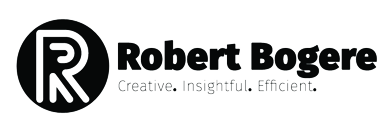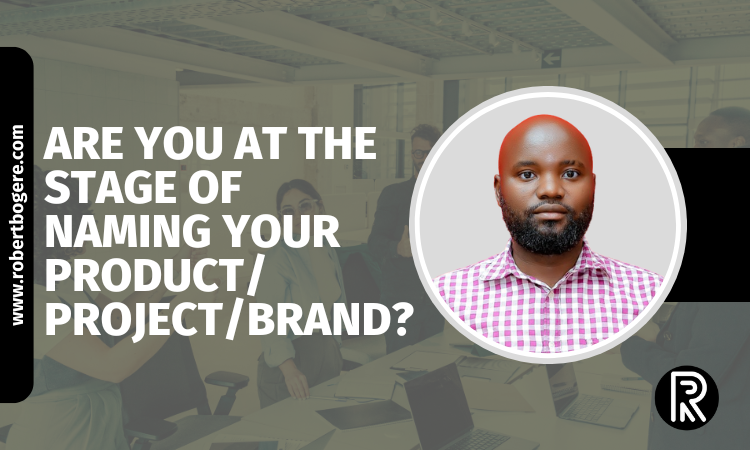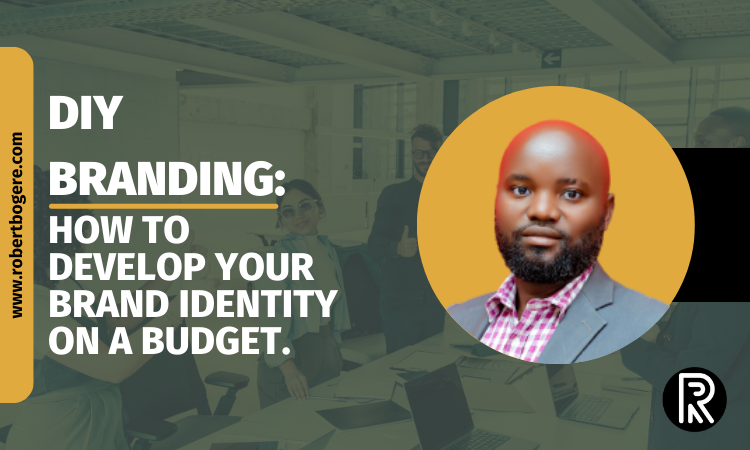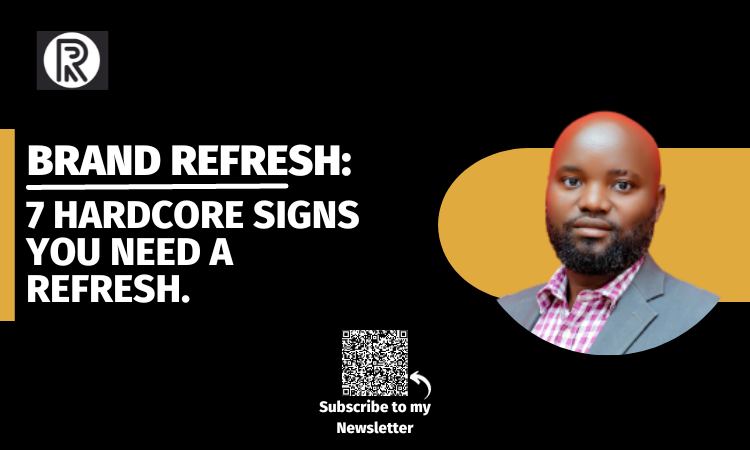Last Updated on Tue-Sep-2024 by Robert Bogere
Are you at the stage of naming and branding your product, project or brand? No more worries! You’re in the right place.
Every product starts with an idea, but the name representing the idea is important. Naming your product is not about choosing catchy and selective words that sound good to you.
It’s about getting the essence of your product/brand/project, communicating your brand vision, and building a lasting impression on your target customers.
For me and the co-founder, creating the name for our SaaS branding tool was a process filled with brainstorming, cross-outs, and moments of clarity. It was about finding a combination of words aligning with our product purpose and values.
Each step led us closer to knowing not only our product but also the customers our tool is to serve. In today’s article, I’ll take through the process that led us to the name standing behind our product.
Understanding your brand
1/ Define your naming vision
As much as you’re looking for a name for your startup, you must have a well-defined vision and core values behind your idea. You need to have a high-level naming vision.
Discover: Did you know companies with inspiring vision statements, their employees show 68% engagement levels? Find out more how you create your brand vision statement.

This is a statement of naming vision and supporting proof points. It would be best if you answered such questions;
I/ What problem does your product solve?
II/ What core values does your product represent?
III/ How do you want your customers to perceive your product?
IV/ How is your startup brand linked to the name of your product?
When you have a well-defined vision, putting together your core brand-wide drivers for naming your product will create the first of many filters through which your product name can be made.
2/ Identify your target audience
It’s better to first carry out your market research after setting your vision and core values – know your target customers. Conducting your market research gives you valuable insights into the current situation.

Since your brand incorporates many sorts of meanings from different people, you need to carry out such research. Since every word has a different meaning and is pronounced differently, this calls for such research to be conducted.
Discover: How I helped a Minneapolis, Minnesota content AI SaaS tool founder with identifying his target audience.
3/ Brainstorming and ideation
Once you know your idea and target customers, it’s time to start brainstorming your name ideas.

This is always a fun and creative moment. When you’re developing a product/something, after your idea generation and description, a name has to come in between there.
Here’s how I and the co-founder found our name.
Here comes a morning, we had an idea and wanted to start preparing for our minimum viable product to validate our idea. Principles will remain principles and these are the foundation to your success.
You need a minimum viable product before developing your product. You don’t develop and wait for them to come. Things don’t work like that otherwise you’re bound to fail at your first round. Putting together our minimum viable product, we needed things like;
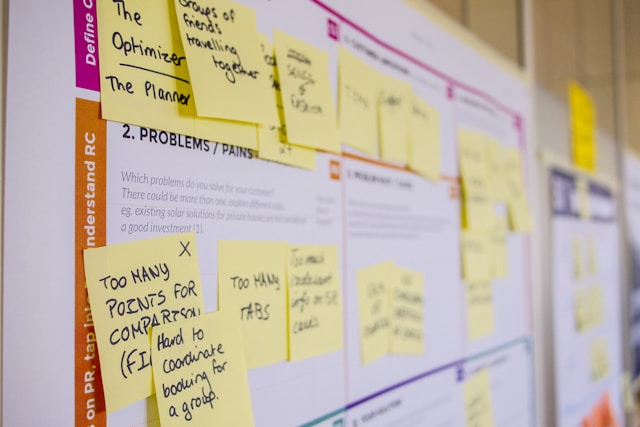
I/ Idea
II/ Name
III/ Logo
IV/ Copy
V/ Fonts
VII/ Colors
VIII/ Product mockup/demo
Naming and branding a product is a strategic approach. There’s a reason why Apple is Apple and why it uses a structural formula of i-convention – iPod. iPad, iPhone, etc. We started our process by describing our idea and answering questions like;
I/ What is our product idea?
II/ Who are our target customers?
III/ What problem will our product solve?
IV/ What will our target customers benefit from our product?
We proceeded to brainstorm our first 15 related names;
I/ BrandPulseAi
II/ BrandLens
III/ BrandAlign
IV/ Corealign
Etc
We started checking our favorite names on the list but unfortunately, we found most of the names being taken by other companies. How? When we checked a name like Brand Pulse on Google, we found it was taken by a reputable company.

Getting such results, it’s a direct indicator you won’t win it in terms of SEO. If you resist, people will mistake your brand with another company. We did the same process of creating new names and listed 15 new names;
I/ BrandmatrixAI
II/ Brandify
III/ Auditify
IV/ Auditus
V/ Brandaxis
VI/ Brandsync
Again our favorite names were taken by other brands. Do you see how easy it is? We came up with a new batch of names. We found an interesting name which we kept debating the whole day.
I wanted it but my colleague had issues in terms of its pronunciation and being long. When we checked, it was available.
Again it was direct to what we wanted our tool to do. Because my colleague had issues with it, we agreed to modify it but maintained its two words as below;
- Brand
- A*****
Since our minimum viable product is yet to be launched, let’s maintain the first letter of our second name.
Testing our name
We started by checking our name with the following;
I/ SEO/Google checks
II/ Trademark checks
III/ Meaning and associations
I know you’re asking yourself why the word brand. It’s because our tool will be serving the branding industry so we wanted it so badly for SEO reasons.
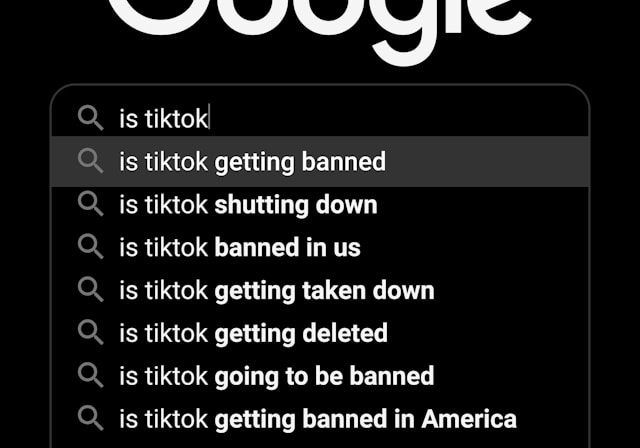
Why the word A*****?
We selected this because it serves a direct purpose of our tool. Did we stop there? Of course No. We looked at other factors like the one of our first letter of the two words. What do they evoke? B and A.
From the English alphabet, B is the most reliable letter. Since it’s more reliable, it also led us to a reliability value for our tool name. Good enough we want our tool to be more reliable to our customers.
Did you know letter B is one of the reasons behind the Blackberry?
“Let’s consider the name Blackberry for a moment. We know from our research that the letter B is the most reliable sound in the English alphabet. That was the rationale of the name” – Placek.
What of letter A?
Letter A conveys things like;
I/ Ambition – Implies aiming higher
II/ Leader – Impling setting a standard
III/ Accessibility – Implying user-friendly
IV/ Action – Implying taking immediate action
From the above, we got out our core values being;
I/ Authority
II/ Reliability
III/ Approachability
IV/ User-friendliness
So from naming and branding our product to getting the values of our tool. Naming a product? You don’t need to pick anything for formality. You need to ask yourself why this. Everything moves with why.

Discover: How you can set your brand objectives, OKRS, and goals.
Strategies of naming and branding a product
1/ Put down words that come to your mind when you think of your product. Take risks and allow yourself to wild ideas.
2/ List down keywords related to your industry, product features, and your customer benefits. You can use all these as your foundation for your product name inspiration.
3/ Think of metaphors representing your brand qualities. For instance, if your product is about speed and efficiency, you may work with names related to rockets.
4/ You can also think of linguistic words representing your product. This adds a unique angle to your product name.
Naming and Branding conclusion
Creating a name for your product is more than a creative exercise. It’s a strategic approach reflecting your brand’s core values and mission.
Our process taught us good lessons like various iterations, endless checks, and the need to align with vision while passing through practical hurdles.
The name we created represents more than just our SaaS tool product. It represents the essence of what the tool stands for — reliability, authority, and user-friendliness.
As we plan to launch our minimum viable product to validate our idea, we’re confident the name we selected will resonate with our target customers and set the best tone for our brand success. Naming and branding is an important move, and we’re proud of the story ours tell.
This process has cemented a powerful truth. In branding, the right product name can open doors to endless possibilities.
